Have you ever wondered why the majestic big cats like lions, tigers, and leopards tend to have shorter lifespans compared to our beloved domestic cats? While both belong to the Felidae family, various biological and environmental factors contribute to the differing longevity between these feline cousins. In this article, we delve into the fascinating reasons behind this lifespan disparity.
Understanding Lifespan Basics
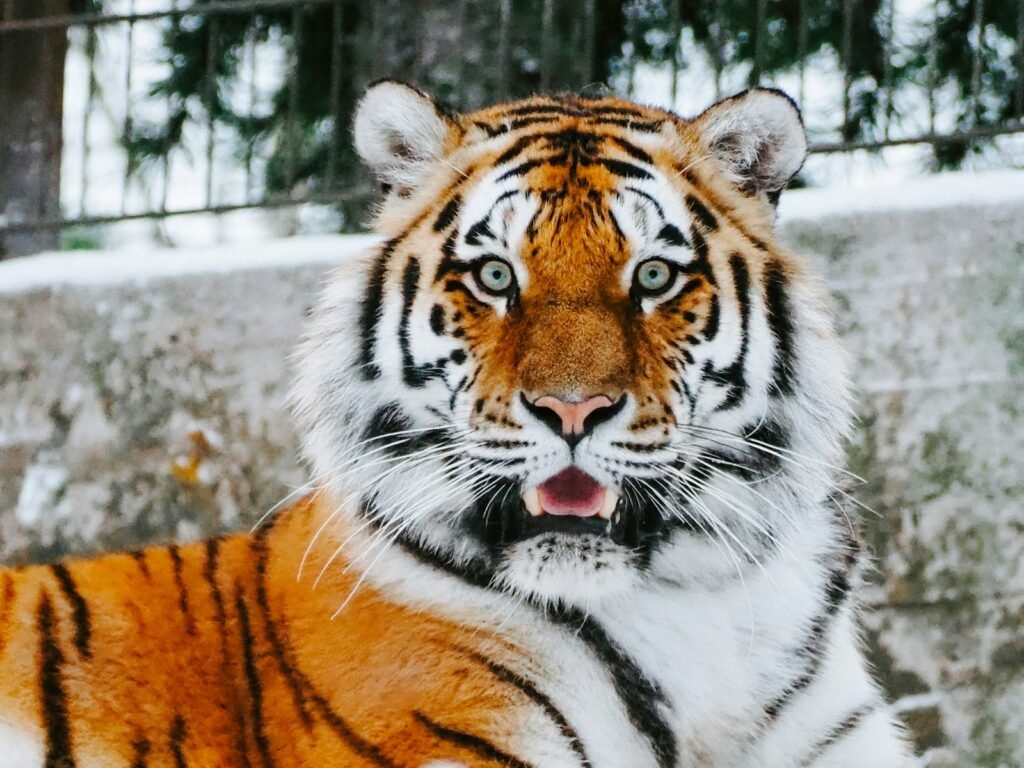
The lifespan of any species is influenced by a mix of genetics, environmental conditions, and lifestyle factors. It is important to first comprehend that lifespan is not simply a consequence of size or habitat; rather, it’s an intricate result of evolutionary adaptations, ecological pressures, and physical constraints. Domestic cats, having adapted to a life of shelter and care, often outlive their wild counterparts by several years.
Genetic Differences
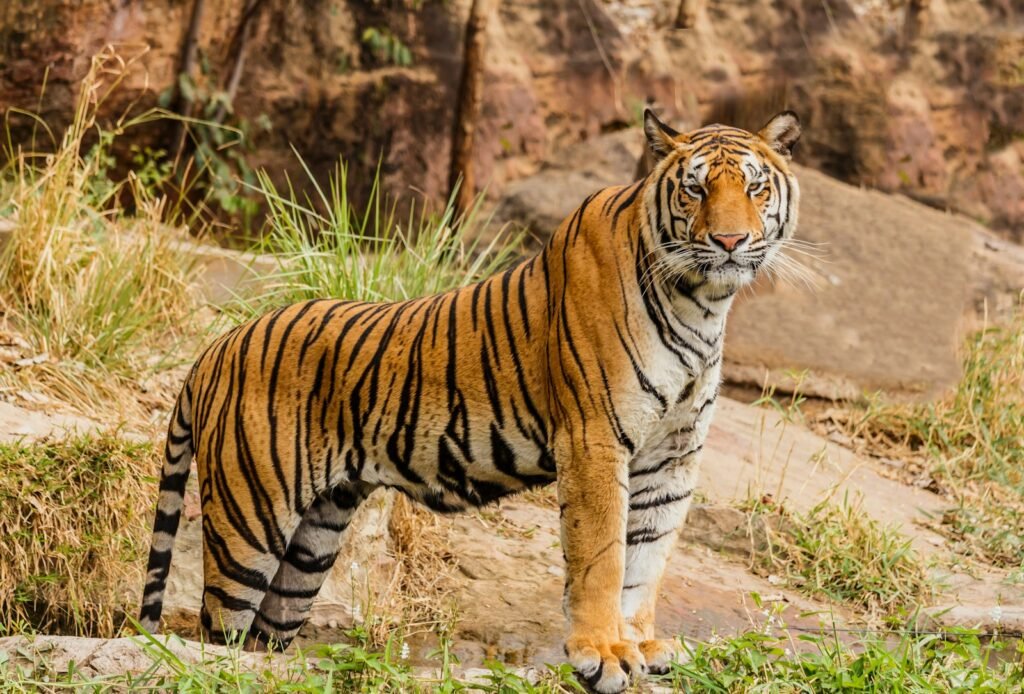
Genetics play a paramount role in determining the lifespan of organisms. Domestic cats (Felis catus) have undergone significant evolution through selective breeding. This process has not only refined their physical traits but also extended their life expectancy. On the other hand, big cats remain close to their ancestral genetic makeup, with less human-directed modification and more natural pressures influencing their genetics.
Impact of Disease and Parasites
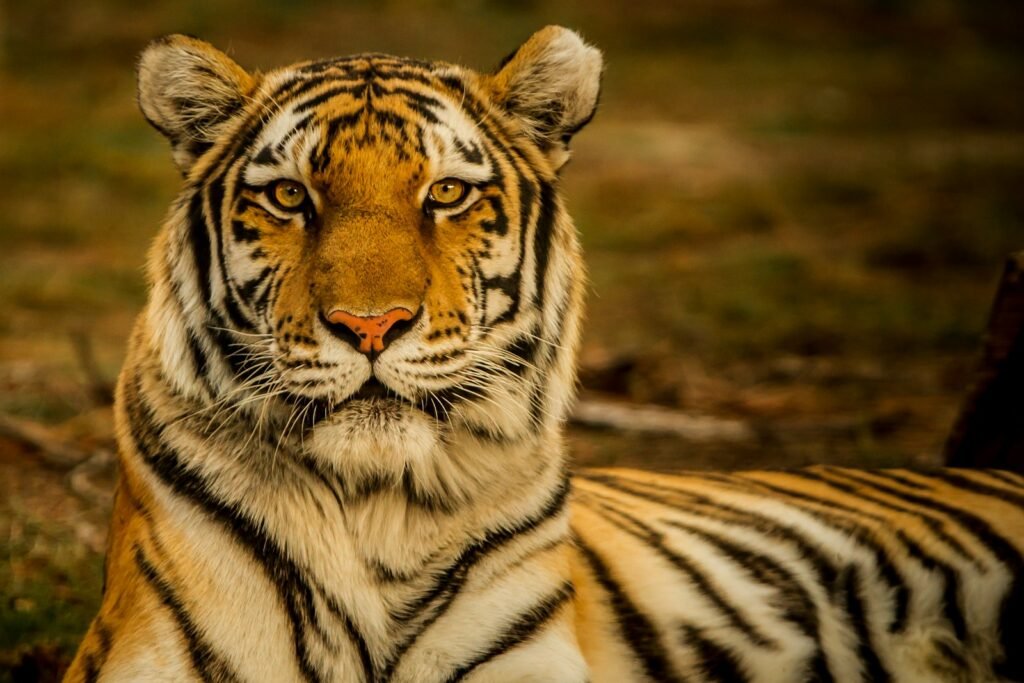
Big cats often fall victim to a wide array of diseases and parasites in the wild, including canine distemper virus, feline leukemia virus, and parasitic infestations. Without human intervention or medical treatment, these health threats shorten their lives considerably. Domestic cats have the advantage of vaccines, regular veterinary care, and parasite control, reducing their exposure to life-shortening diseases.
The Role of Diet and Nutrition
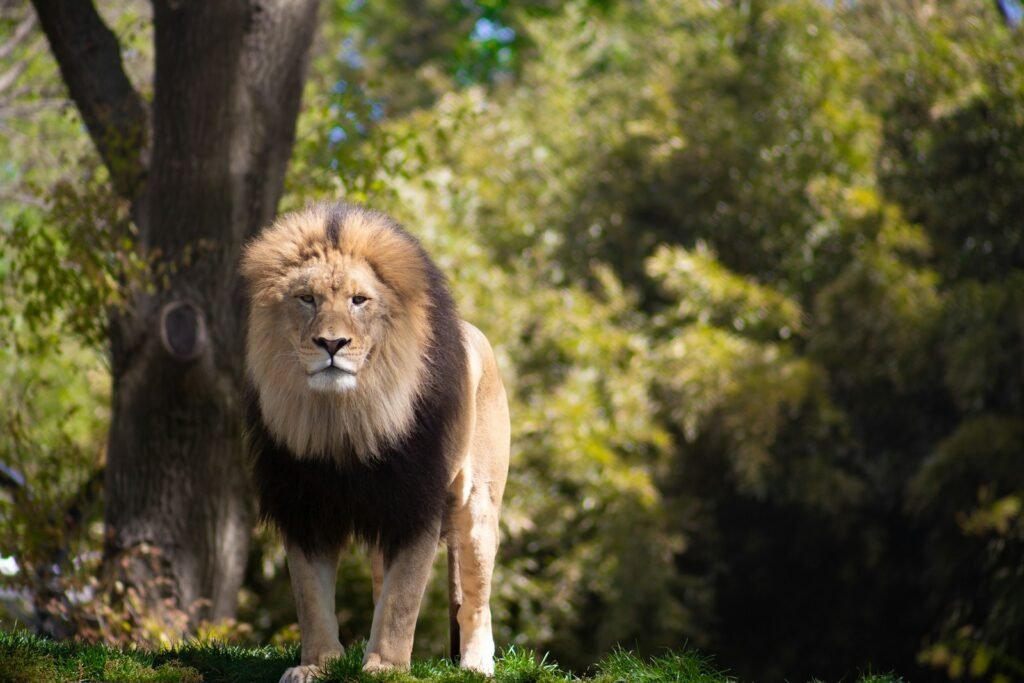
Nutrition plays a crucial role in the longevity of any animal. In the wild, big cats rely on hunting to secure their meals, which can be sporadic and nutritionally deficient at times. They often face periods of starvation or malnutrition. Conversely, domesticated cats have continuous access to balanced diets tailored to their specific health needs, enhancing their overall lifespan.
Predation and Environmental Threats
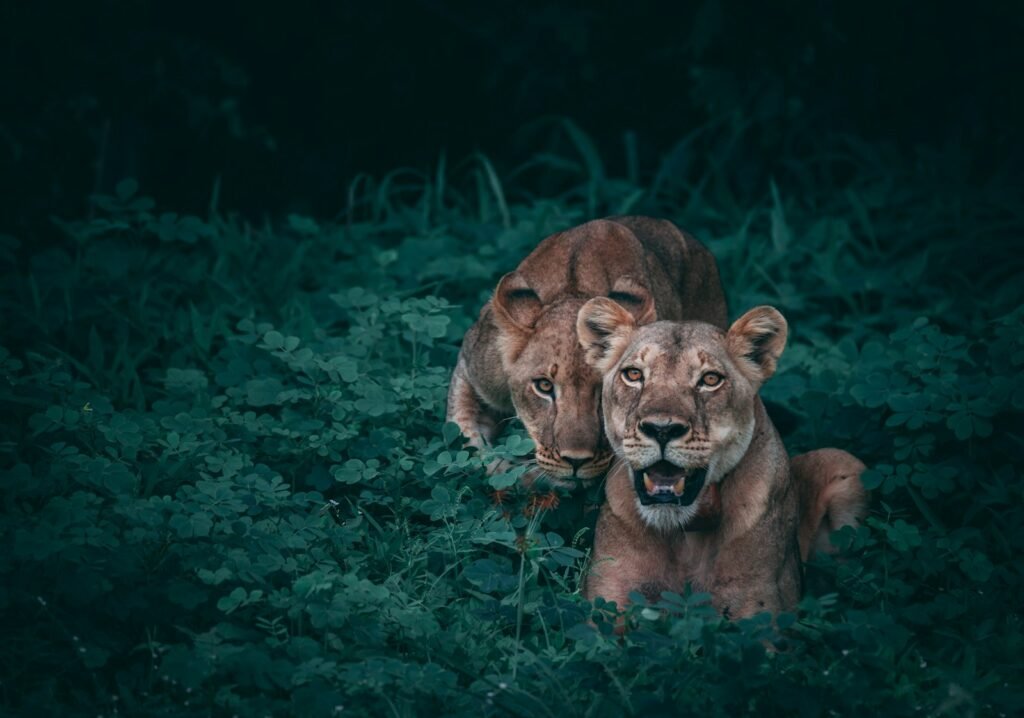
Big cats face numerous dangers from other predators, rival species, and even environmental changes like habitat destruction and climate change, all of which can lead to a shortened lifespan. Domestic cats, living within the secure confines of human habitats, are largely shielded from these existential threats, significantly increasing their chances for a longer life.
Stress and Its Effects on Longevity
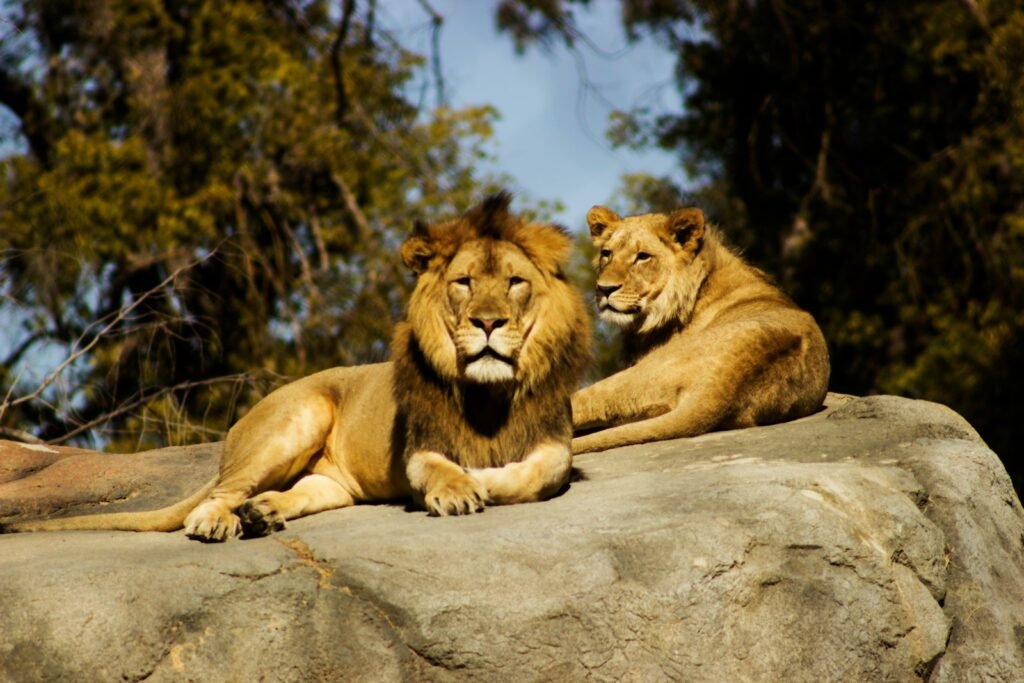
Chronic stress has been widely recognized as a factor reducing lifespan in animals. Big cats in the wild experience high levels of stress due to constant competition for territory, mates, and food, as well as from evading threats. In contrast, domestic cats enjoy a more relaxed lifestyle, free from the daily pressures of survival, contributing to their longer lives.
Reproductive Patterns
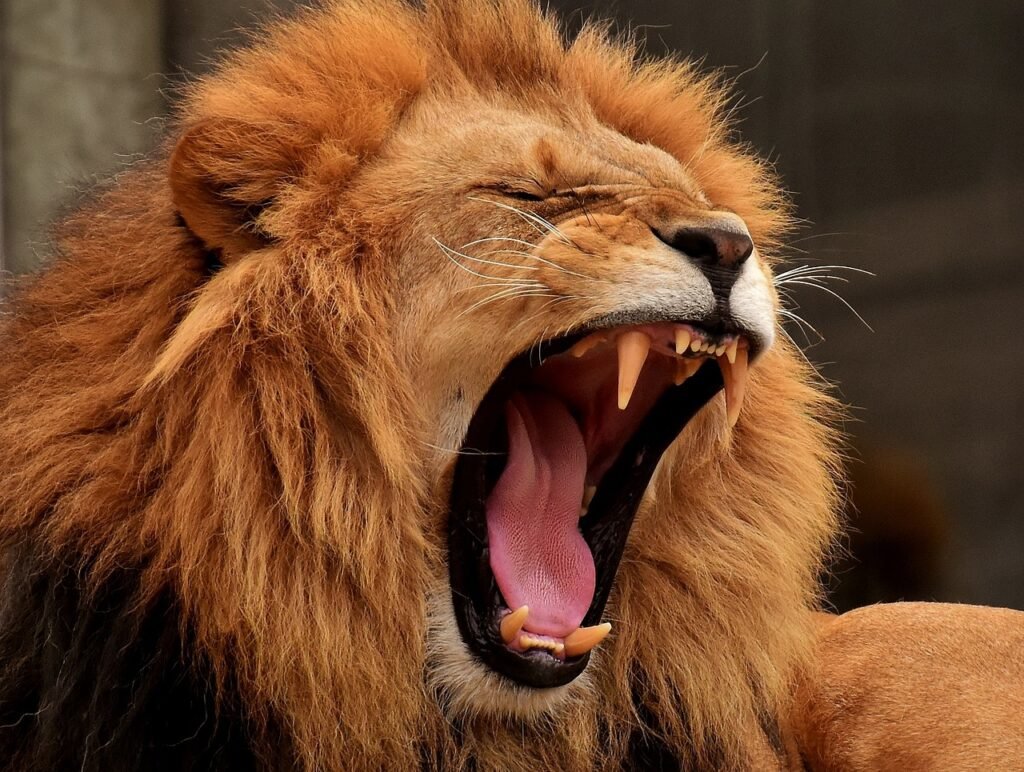
Reproductive strategies also impact lifespan. Big cats often face high infant mortality rates, leading to frequent and demanding breeding cycles. The immense energy required for reproduction and raising offspring can detract from the overall health and lifespan of these animals. Domestic cats, when spayed or neutered, evade these taxing reproductive demands, which can contribute positively to their longevity.
Human Support and Veterinary Care
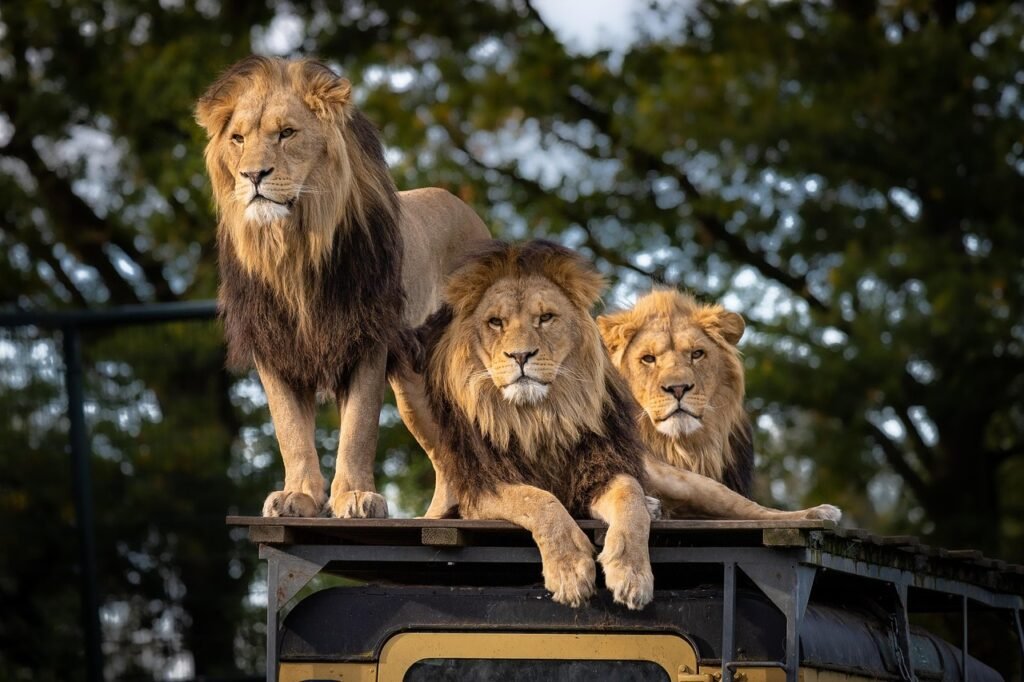
The access to consistent veterinary care including preventative medicine, surgery, and emergency care is a significant advantage for domestic cats. Big cats in the wild seldom receive such care, leading to untreated injuries and illnesses that can decrease their lifespan. This difference highlights the impact of human intervention in extending the lives of domesticated animals.
Lifestyle and Physical Activity
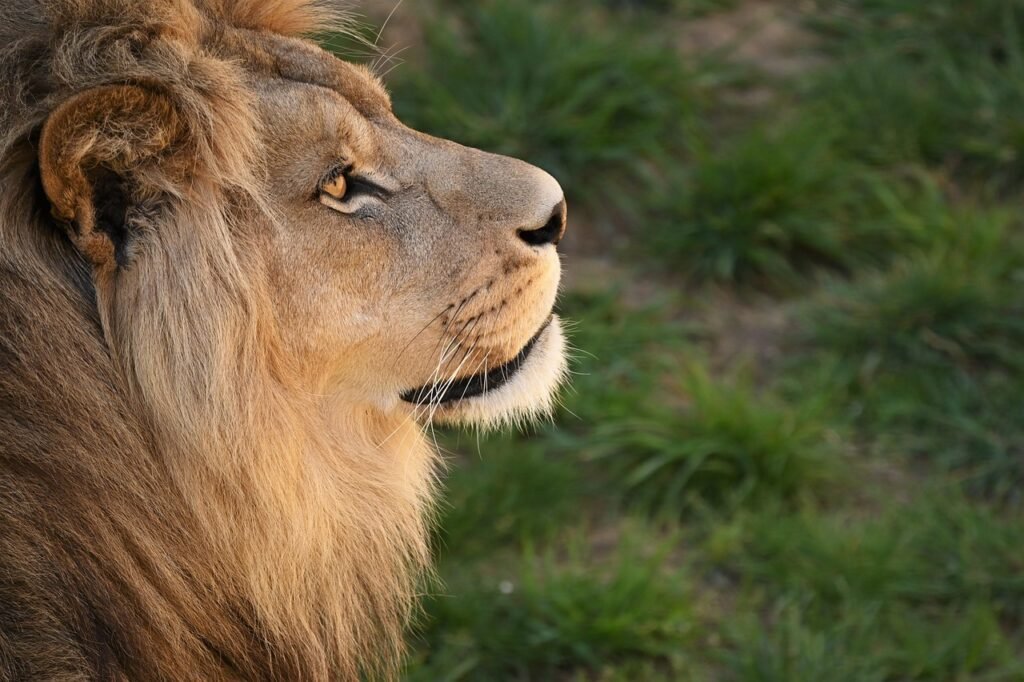
Finally, the active lifestyle of big cats involves high-speed chases, territorial battles, and intense physical exertion. While beneficial for honing their survival skills, this constant physical activity can lead to wear and injury over time. Contrastingly, domestic cats lead a more sedentary life, with leisurely exercise, which helps preserve their physical well-being over time.
Conclusion: The Complex Nature of Lifespan Discrepancies
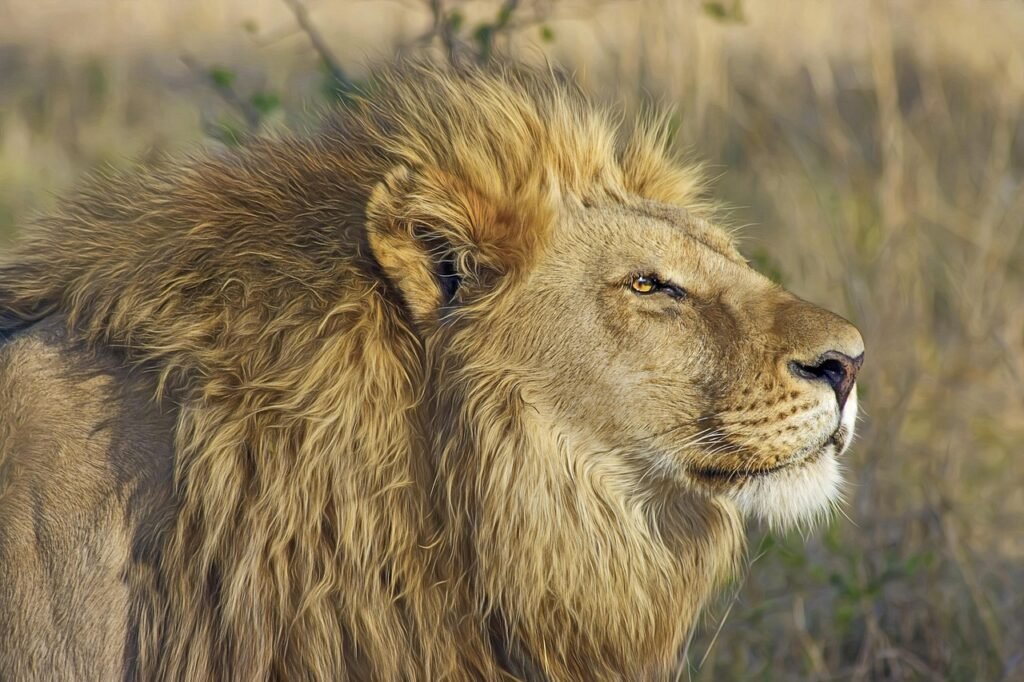
In conclusion, the disparity in lifespans between big cats and domestic cats is a multifaceted topic. Through examining genetic differences, environmental challenges, health care access, and lifestyle variations, we can appreciate the diverse factors shaping the lifespans of these remarkable creatures. While big cats remain an emblem of wild beauty and strength with inherently shorter lives, domestic cats benefit greatly from environments sculpted by human care and wisdom.
Hi, I’m Bola, a passionate writer and creative strategist with a knack for crafting compelling content that educates, inspires, and connects. Over the years, I’ve honed my skills across various writing fields, including content creation, copywriting, online course development, and video scriptwriting.
When I’m not at my desk, you’ll find me exploring new ideas, reading books, or brainstorming creative ways to solve challenges. I believe that words have the power to transform, and I’m here to help you leverage that power for success.
Thanks for stopping by, Keep coming to this website to checkout new articles form me. You’d always love it!






